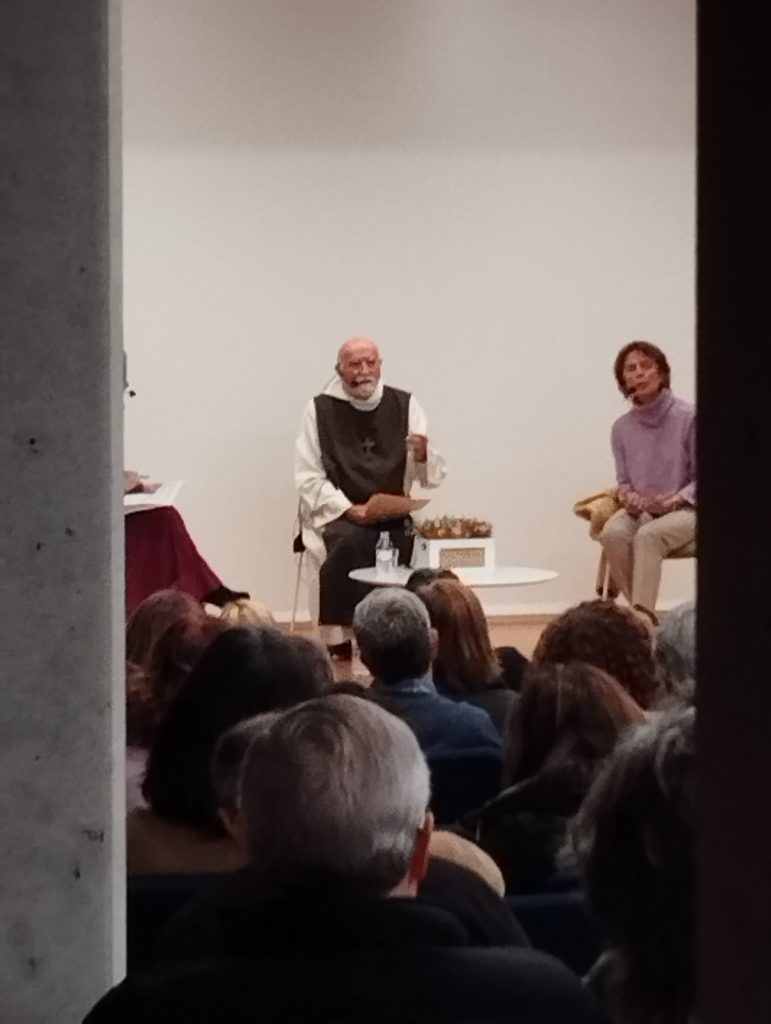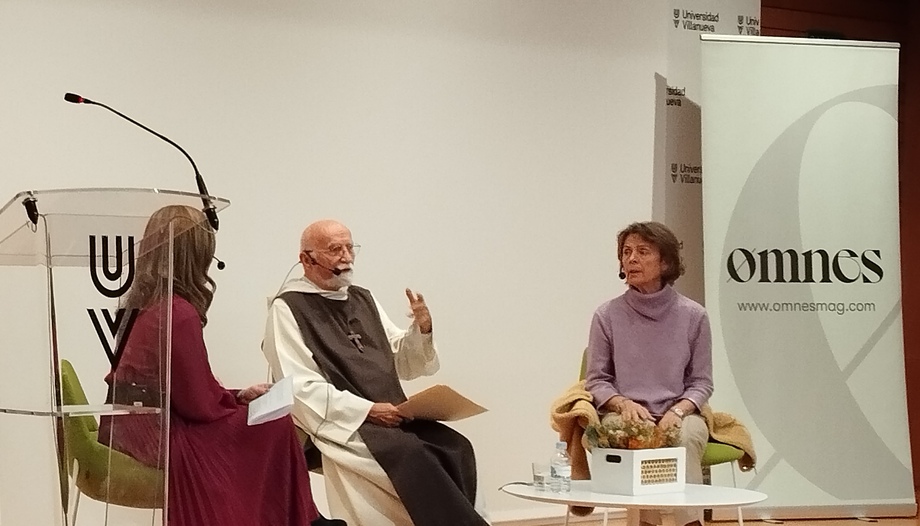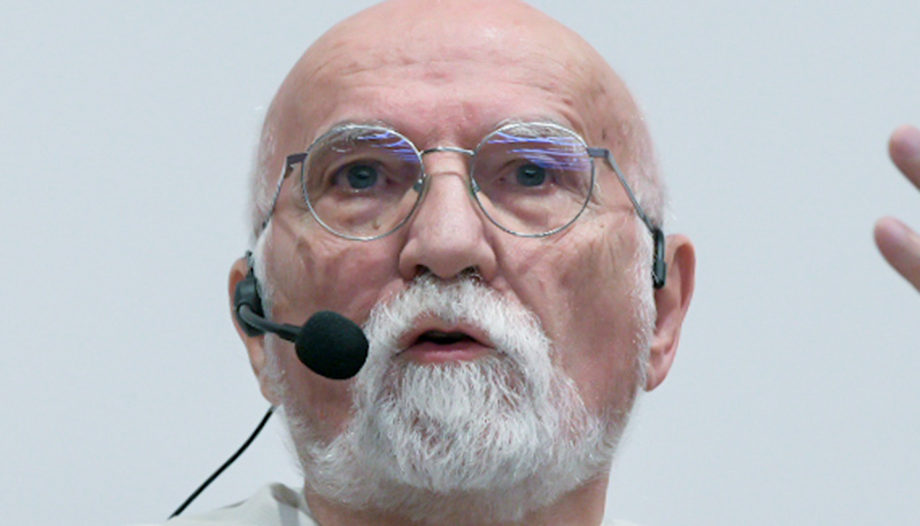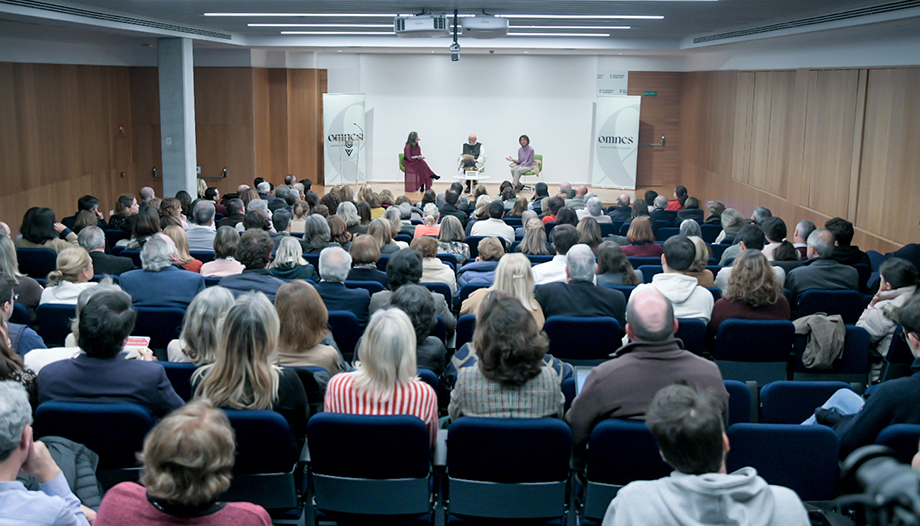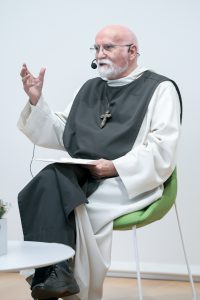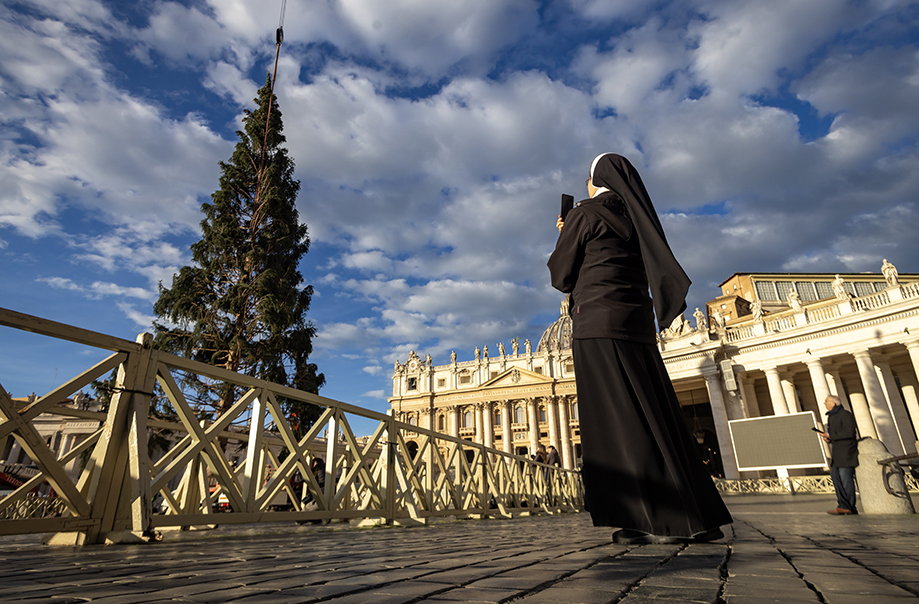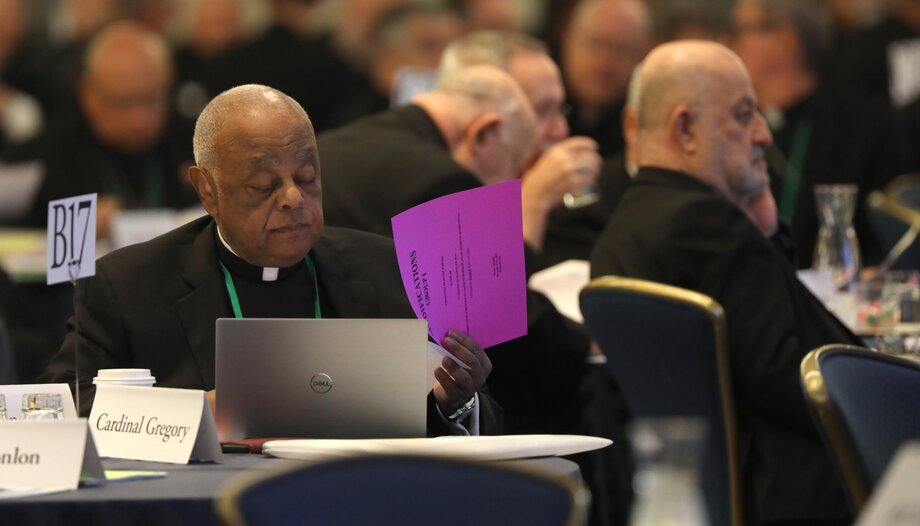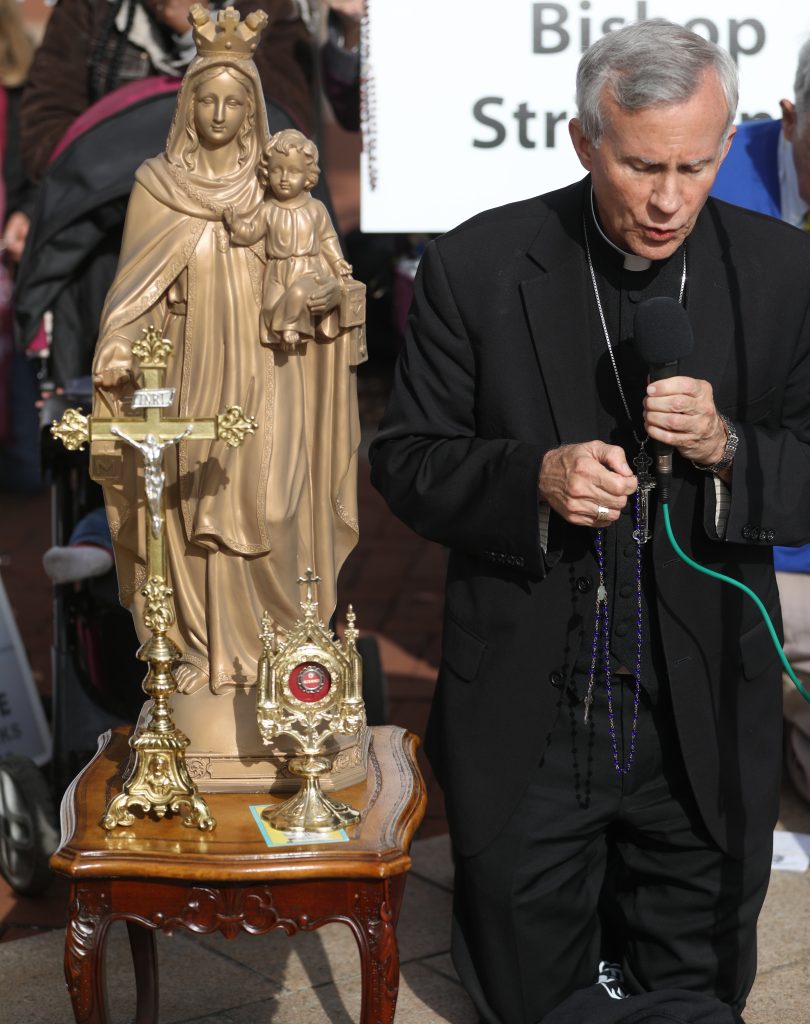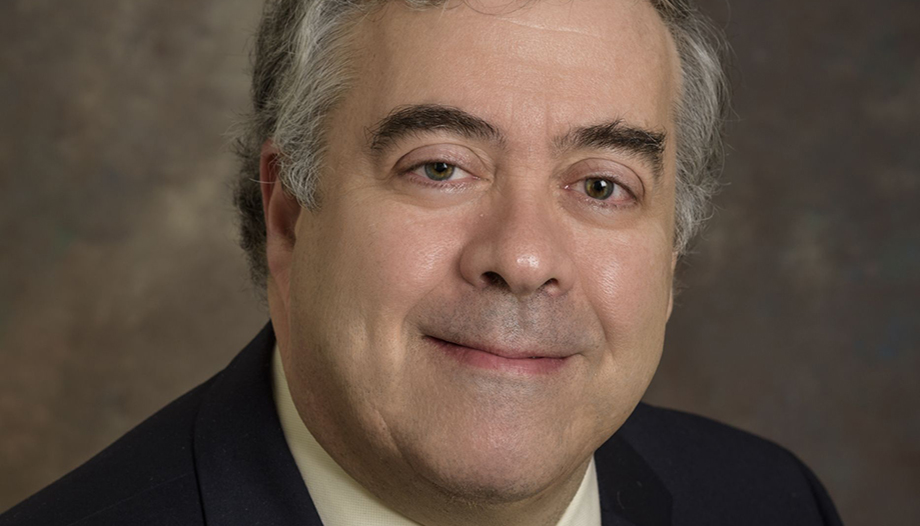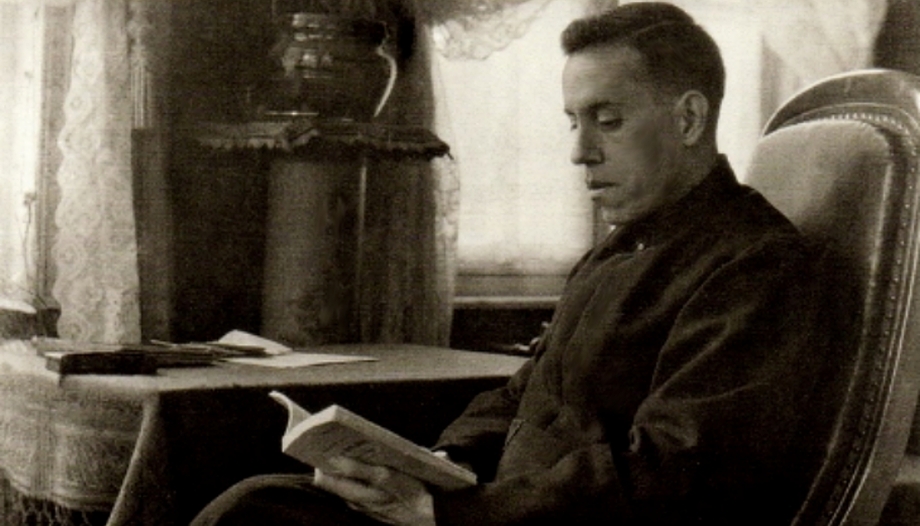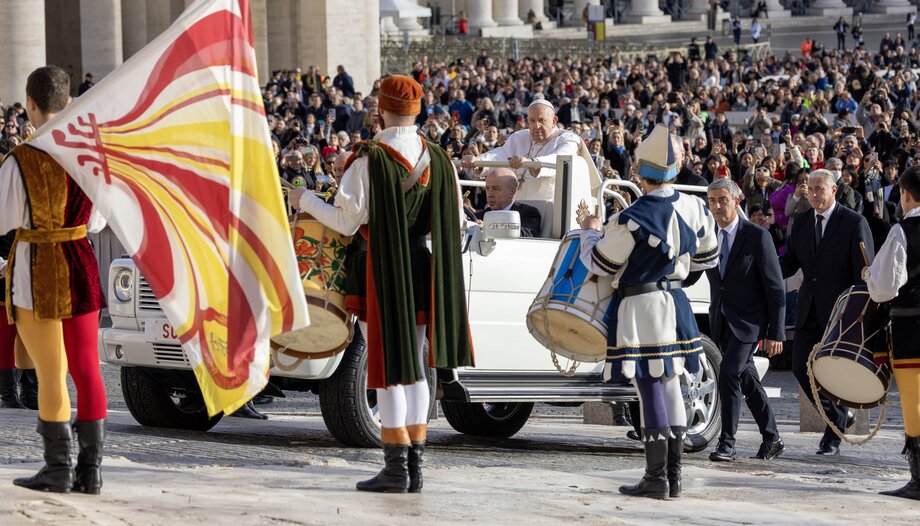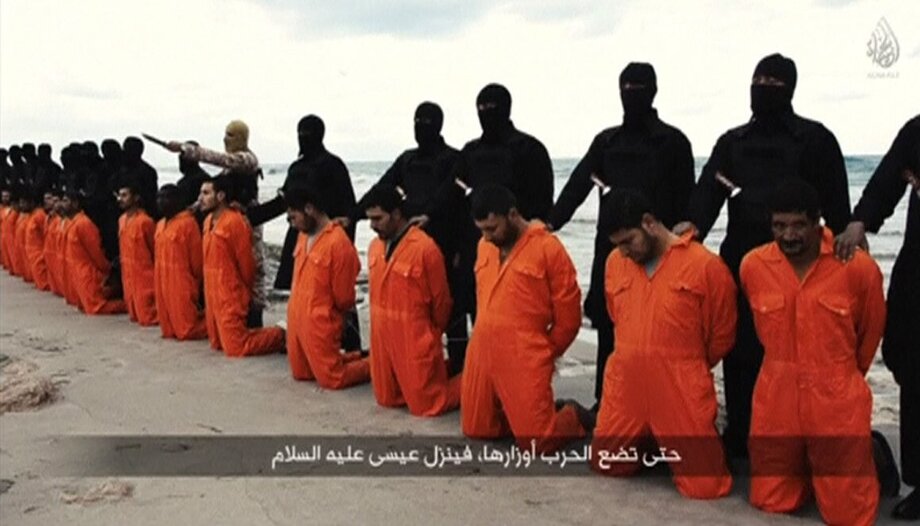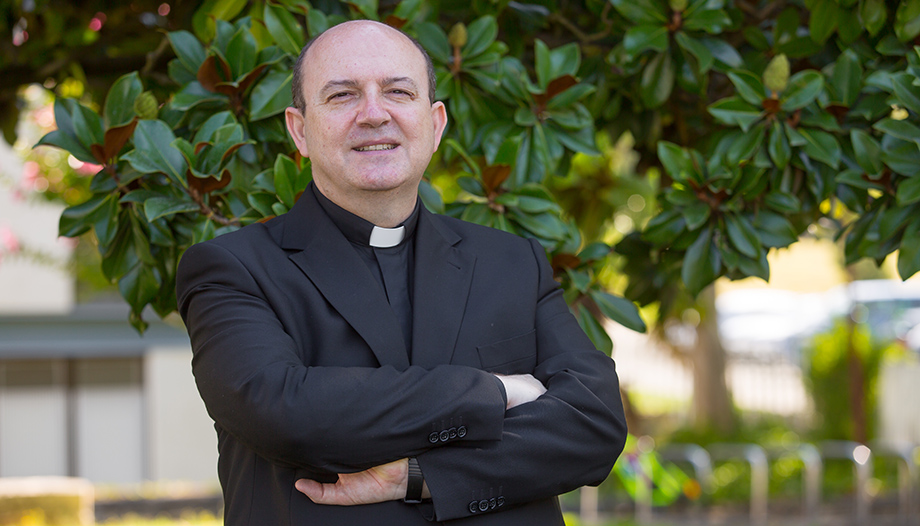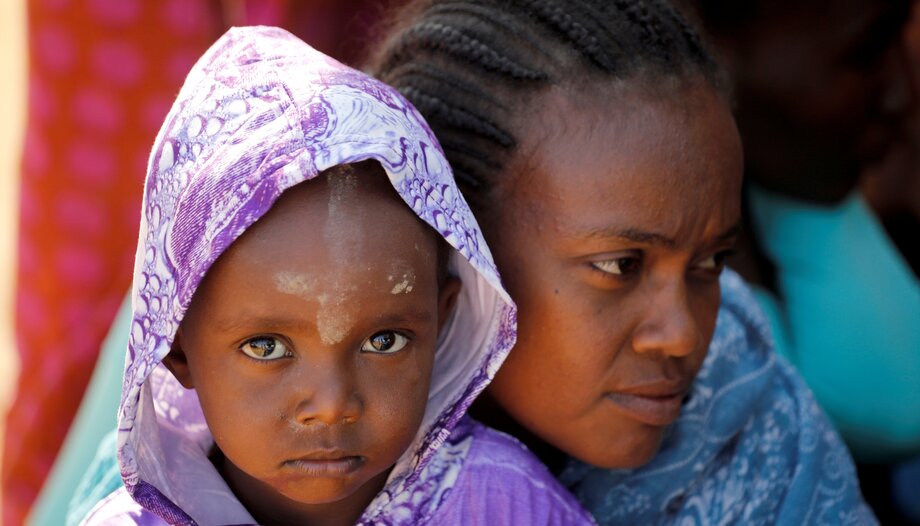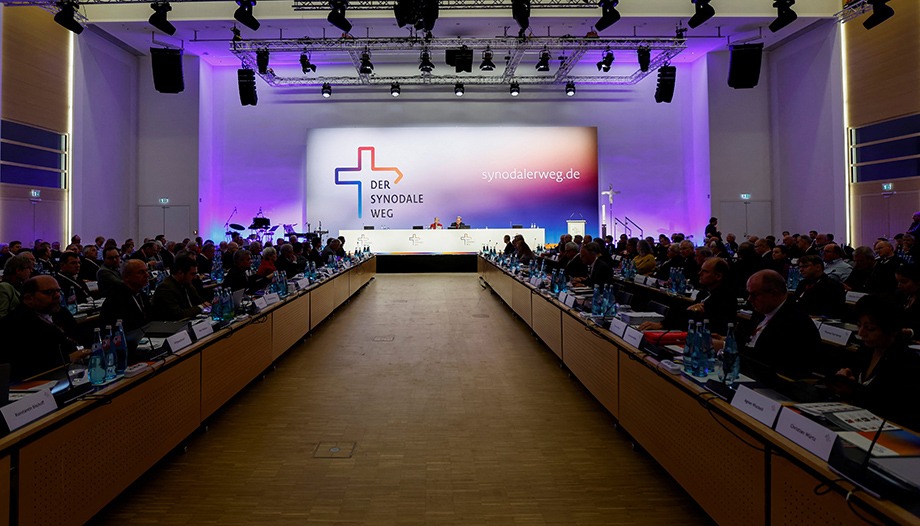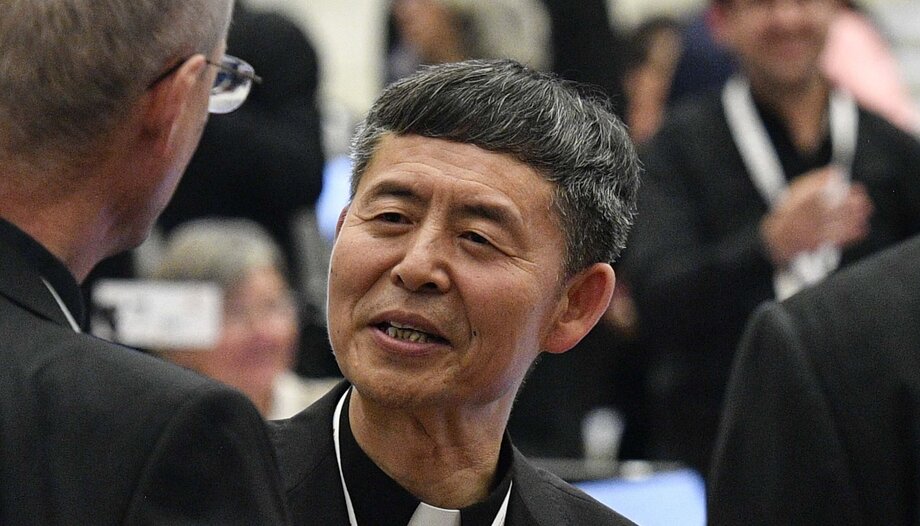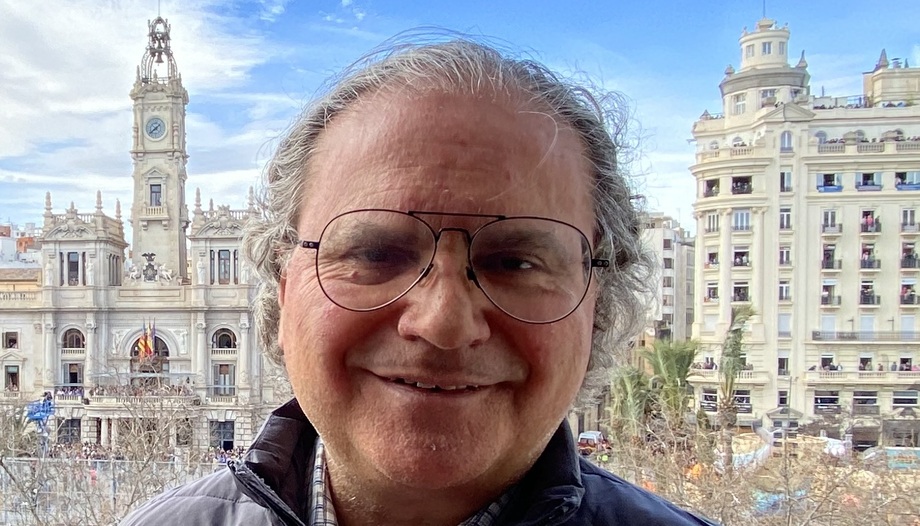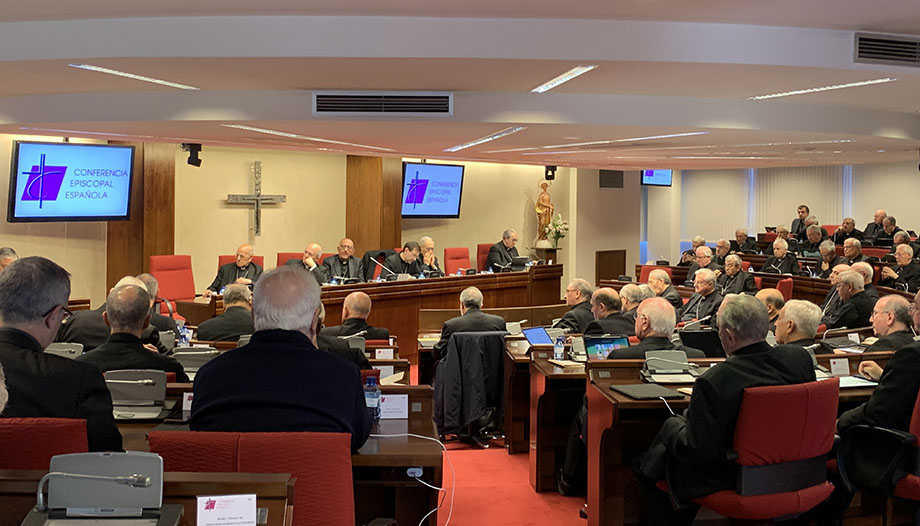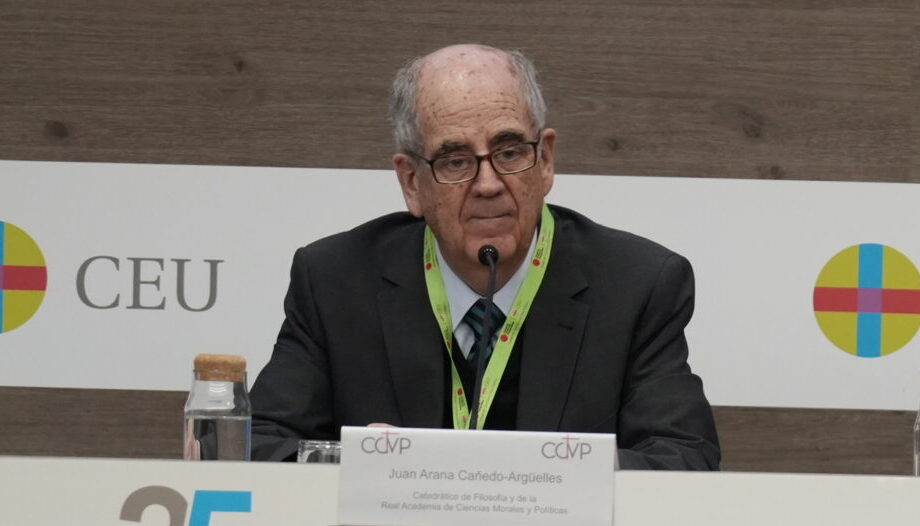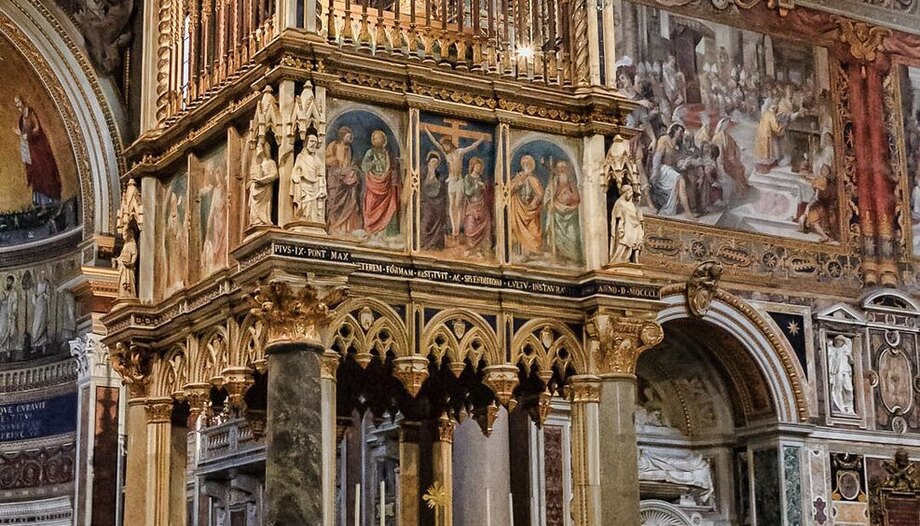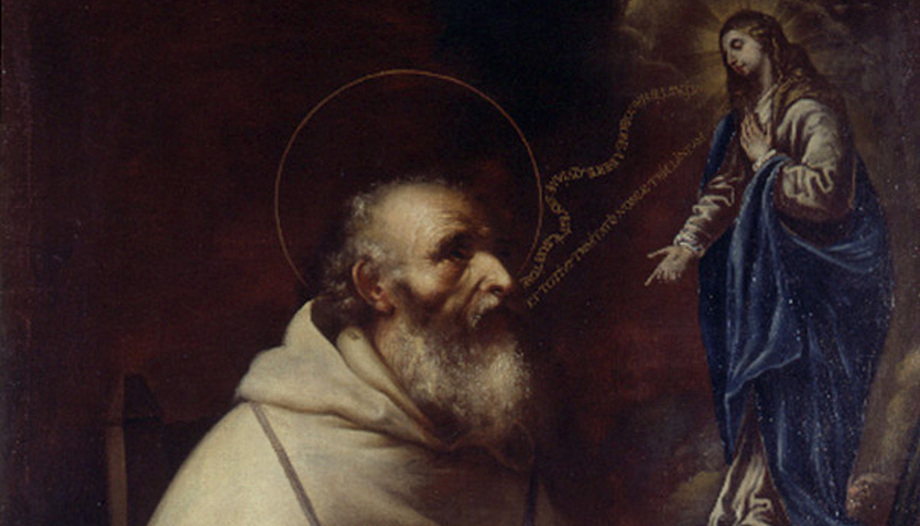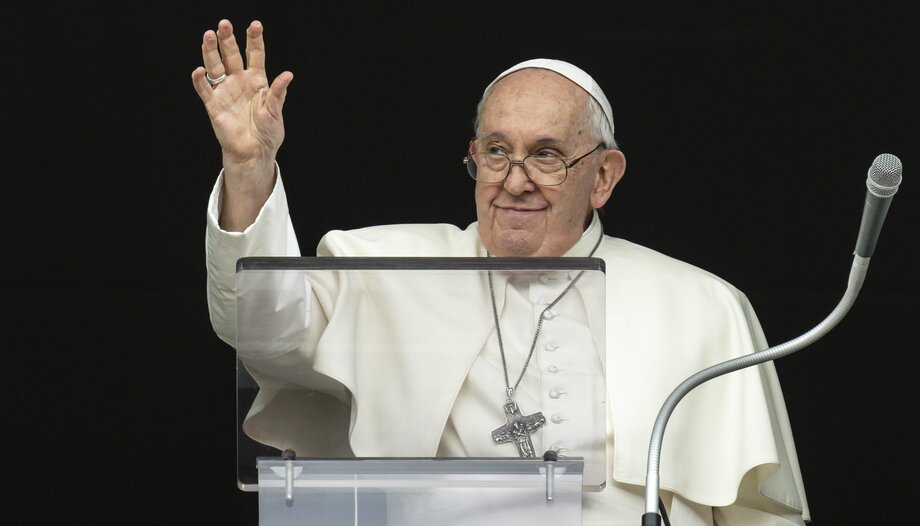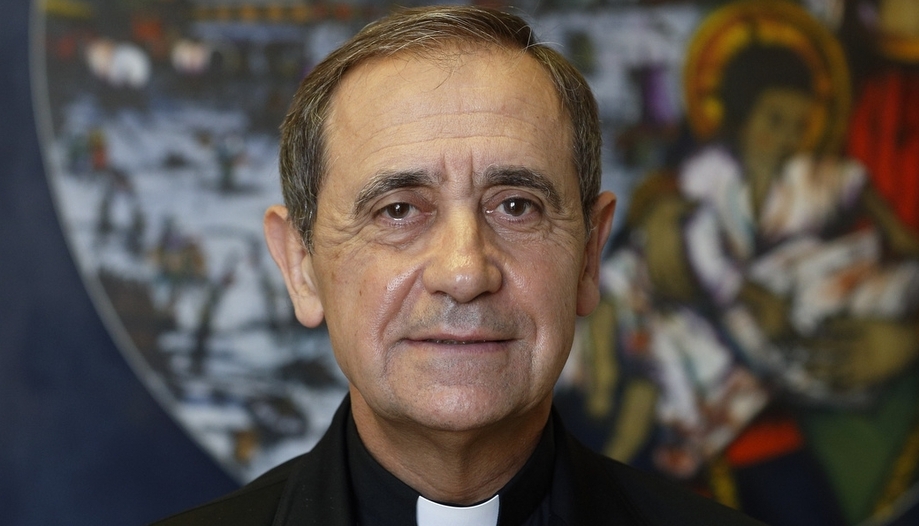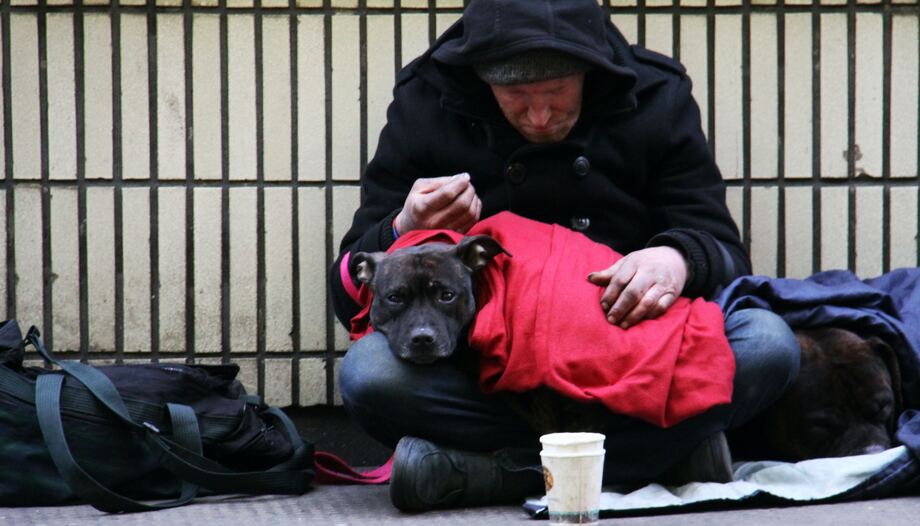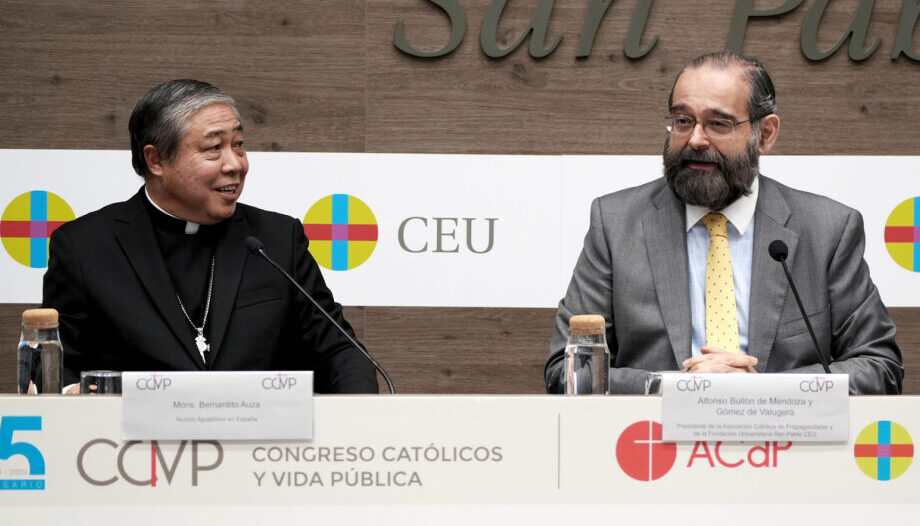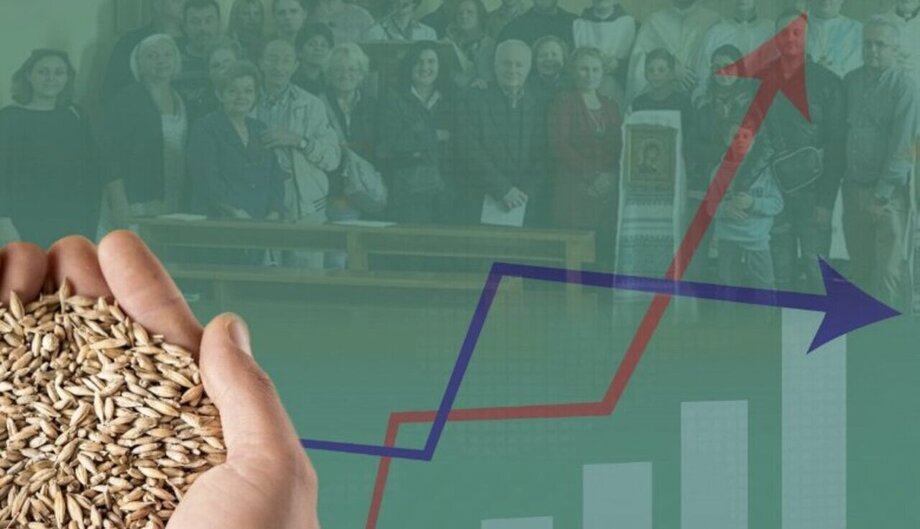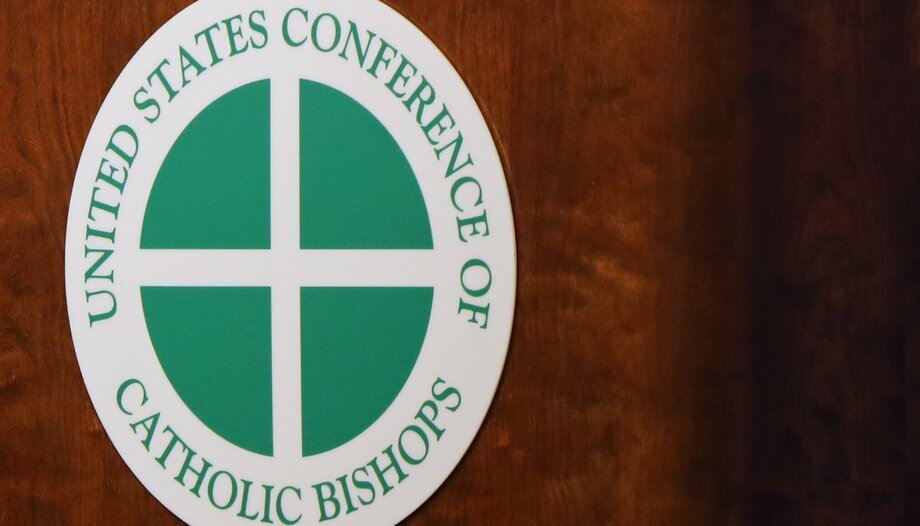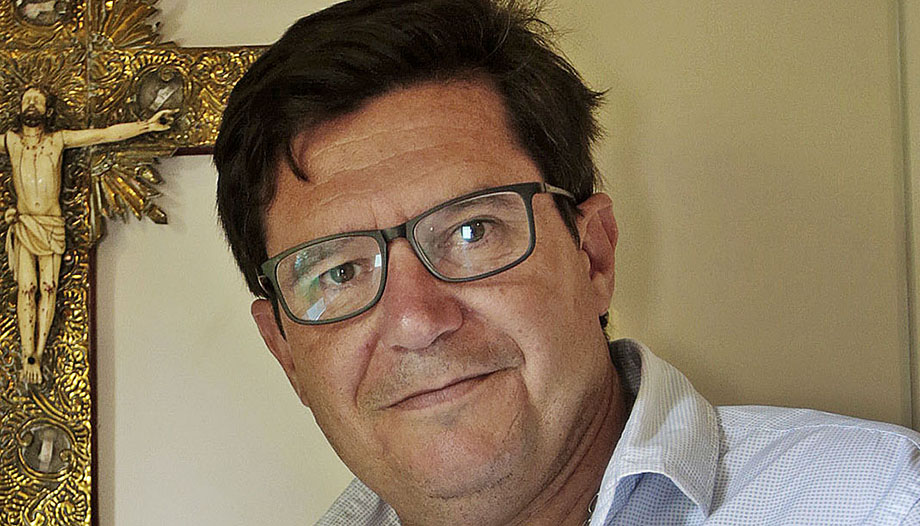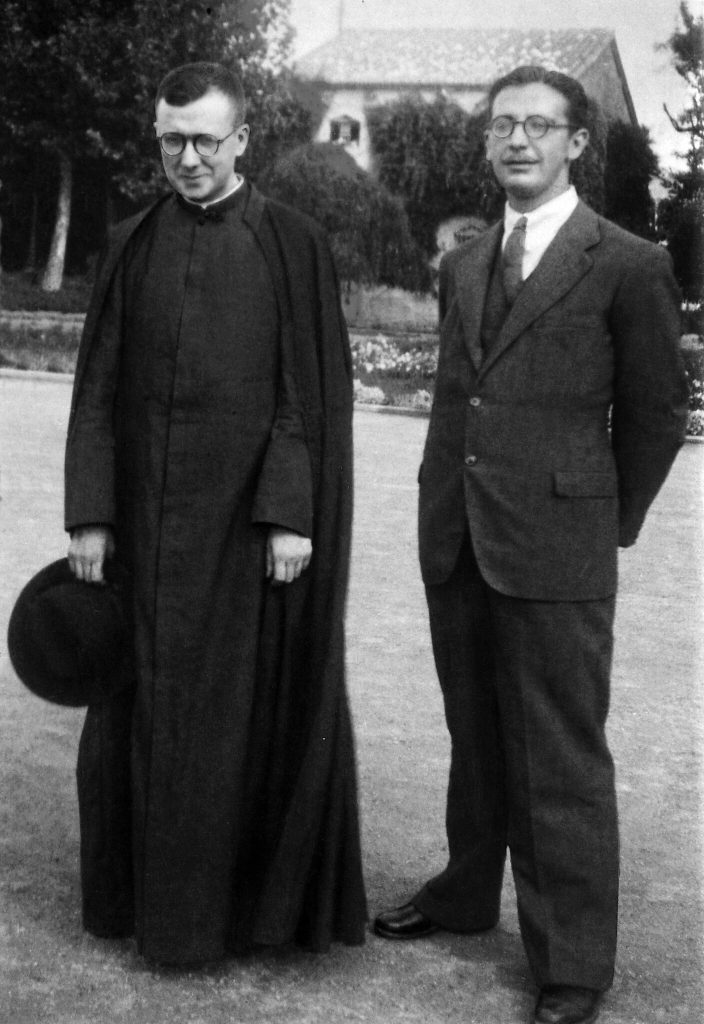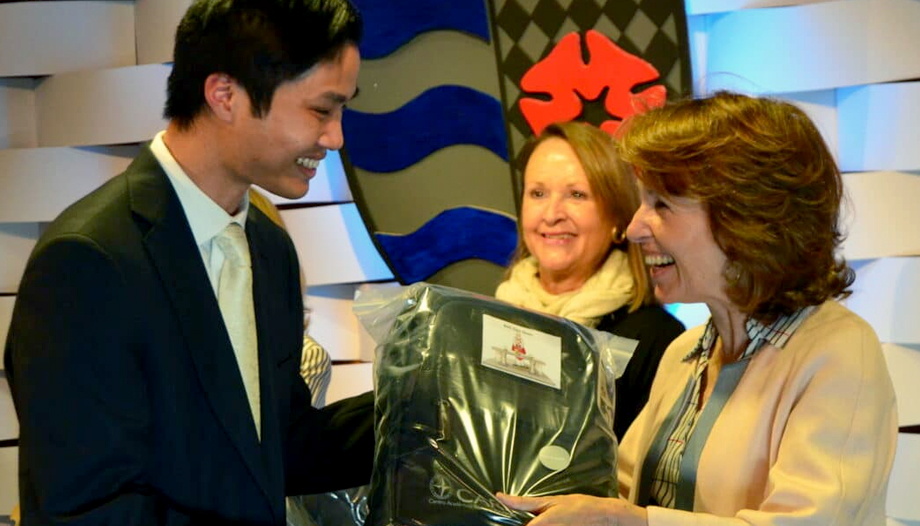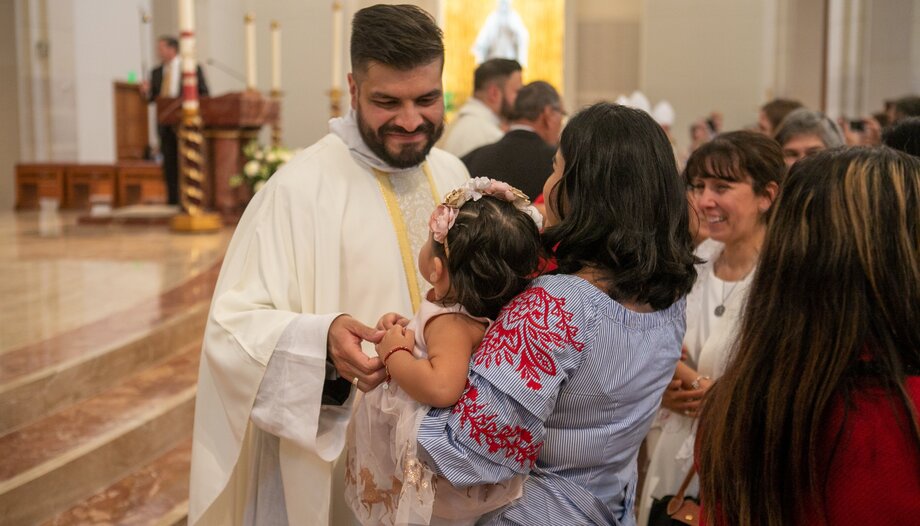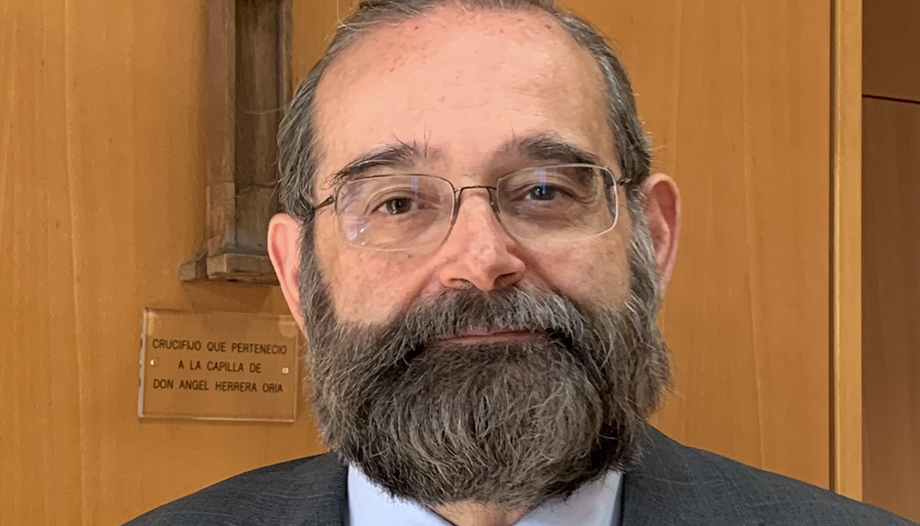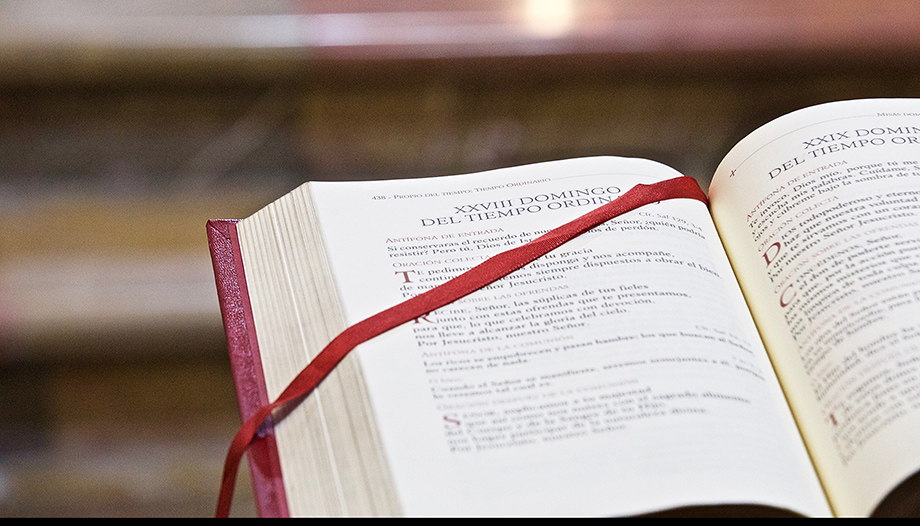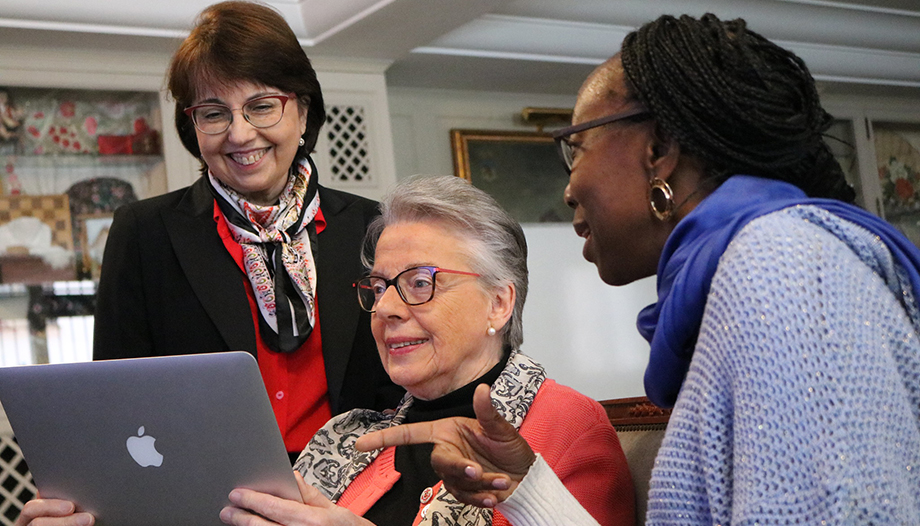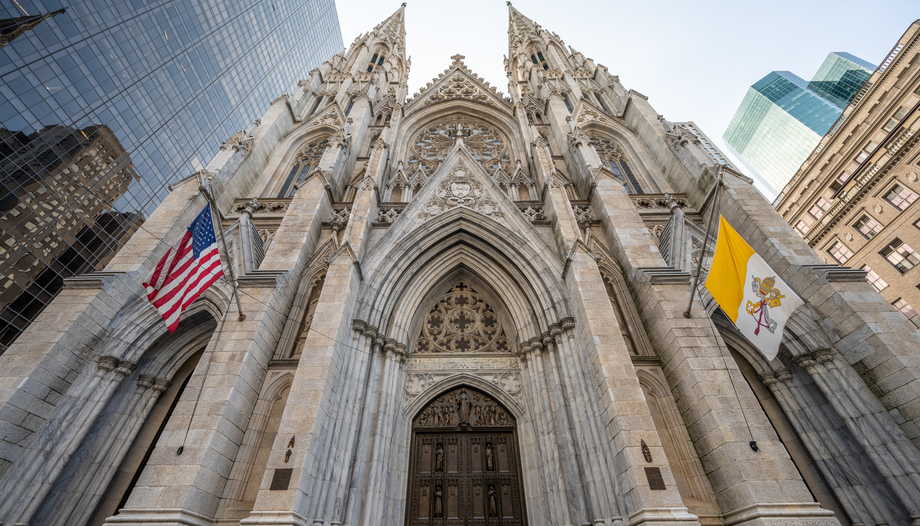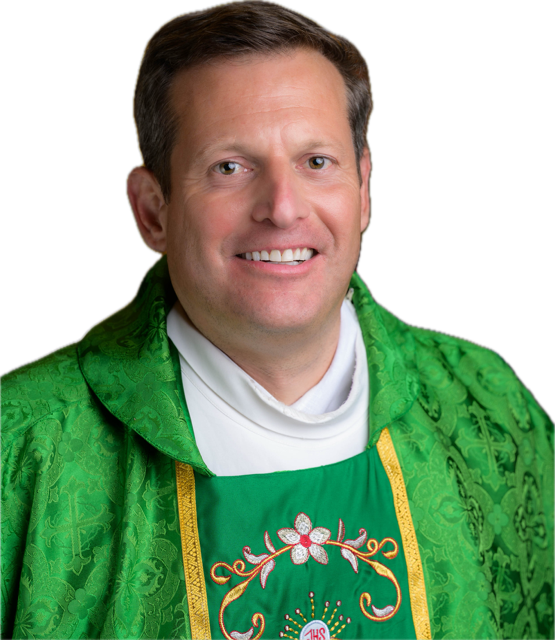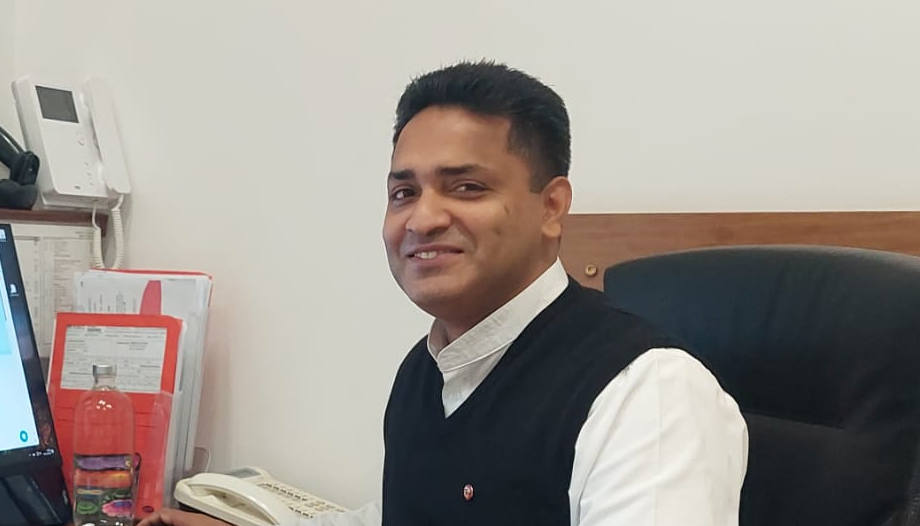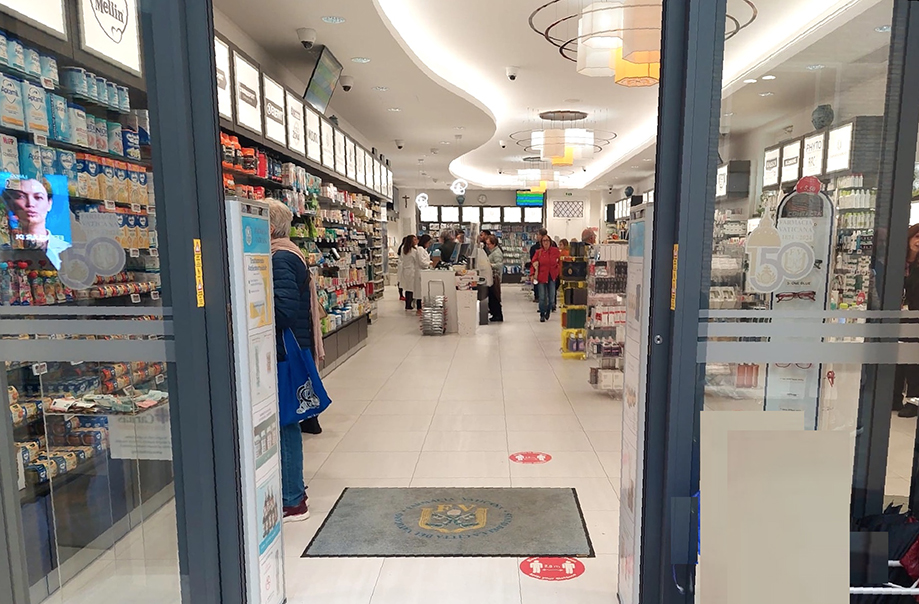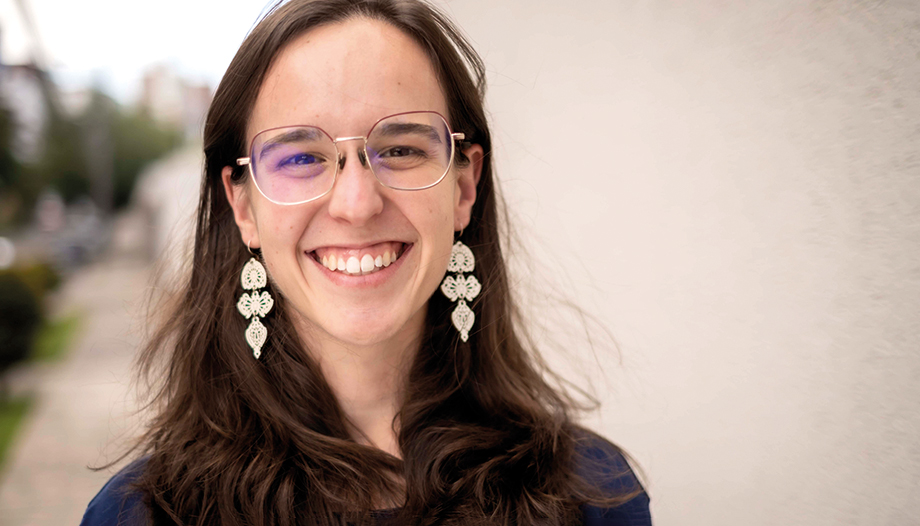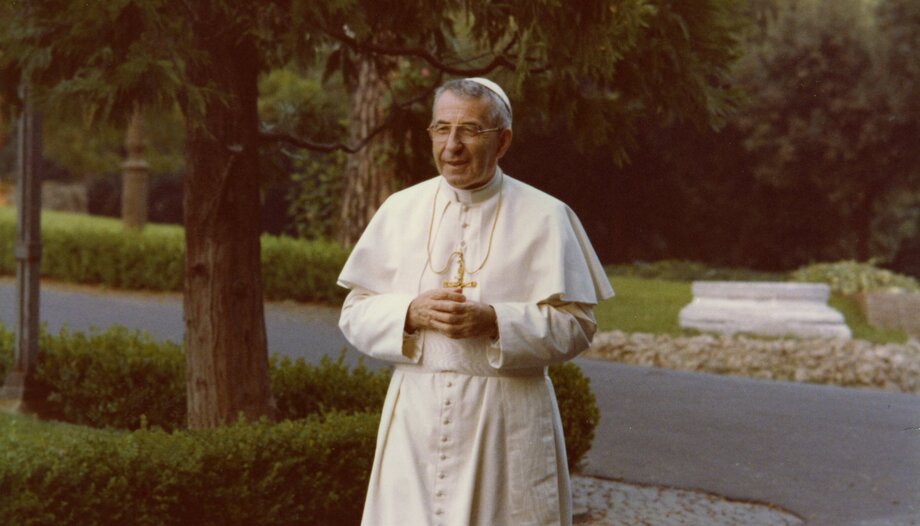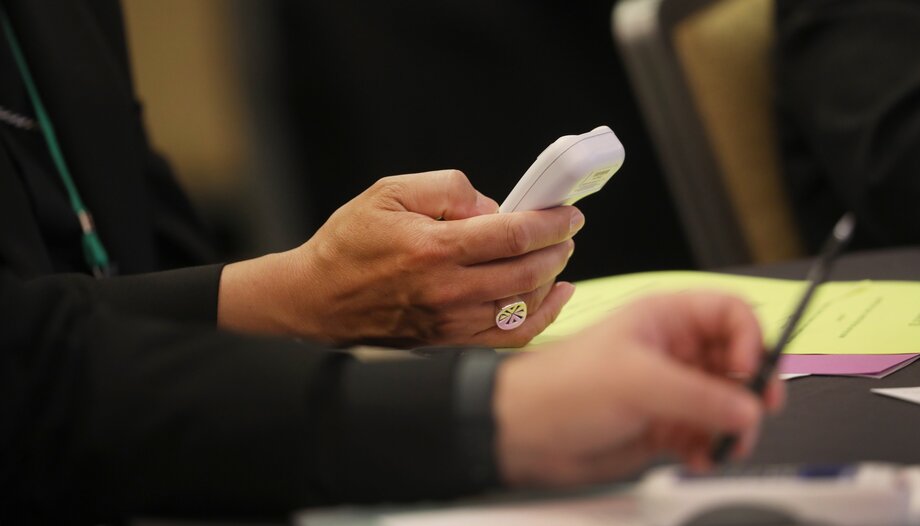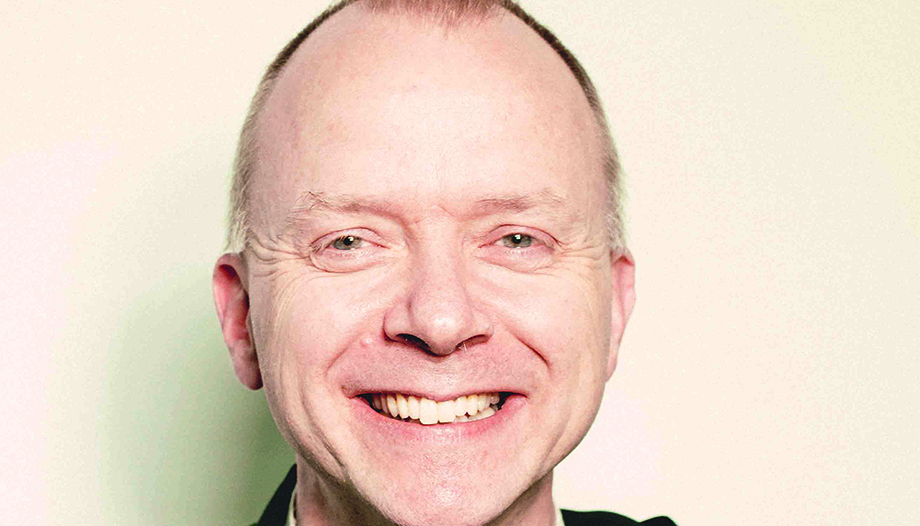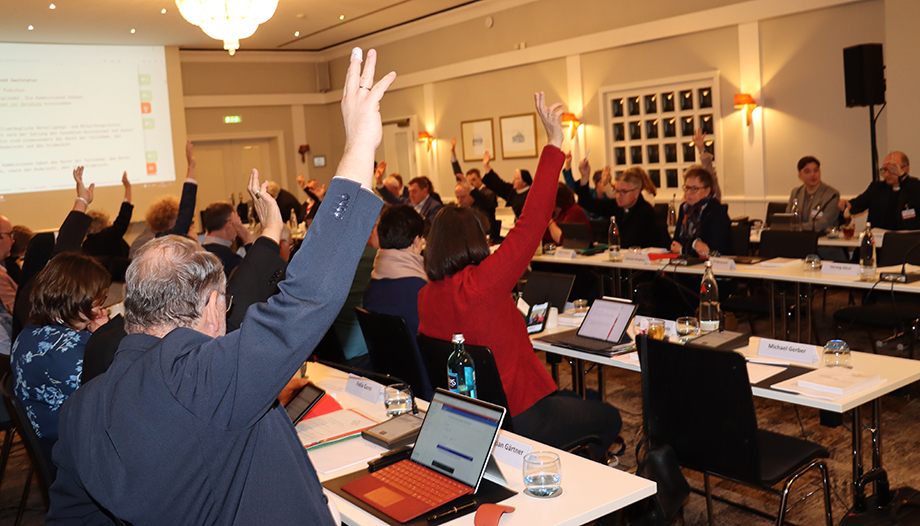The plenary assembly of the Spanish bishops began on Monday, November 20, with several topics on the table: the socio-political fracture that marks the Spanish social context, the management of abuses in the Church and, in the background, the meeting with Pope Francis on the 28th to discuss the results of the visit to the Spanish seminaries.
The Cardinal Archbishop of Barcelona and President of the Spanish Bishops, Monsignor Juan José Omella opened this Plenary with a speech focused on the challenges facing the Church in Spain at "a time marked by war, polarization and the economic, social and political crisis in our country." In this regard, he referred to "the more than 11 million people in Spain who live in a situation of social exclusion, or the almost 5 million, mostly adolescents and young people, who feel alone."
Faced with a context that he described as "polarized", the president of the EEC made a call to remain "more united than ever" and stressed that "the world needs us to bear witness to the human and existential gain that comes from looking at reality from the perspective of faith".
Signs of hope: youth and Synod
The president of the Spanish bishops pointed to the Synod as a sign of hope in the Church and society.
On this point, Omella affirmed that in the Synod "we have made an effort to overcome the temptation to be defensive or imposing, and we have made an effort to listen attentively to the one who speaks, paying special attention to the inner voice and to the motions that the Holy Spirit arouses".
An exercise of unity which, in the words of the Archbishop of Barcelona "is the great sign that the world is waiting for, the necessary condition for the world to welcome the proclamation of Christ carried out by the Church".
The president of the EEC also mentioned the hope shown in the more than one million young people who participated in the recent World Youth Day in Lisbon.
A sign of hope for which the Archbishop of Barcelona has proposed "to renew our structures so that we are able to welcome these disoriented and thirsty youth in our parishes, movements, schools, universities, hospitals, Caritas centers and other institutions."
"Educating for sexual responsibility is not abortion."
Education, in particular, the importance of accompanying children and young people and affective and sexual education was also present in the opening speech of this plenary.
Omella pointed to school dropouts, the loss of authority in the classroom and the growing problem of hypersexualization and violence aggravated by the misuse of screens.
On this point, the Archbishop of Barcelona appealed to "not deceive them with substitutes. Happiness in capital letters goes through love and not through pornography, through service and not through waiting for others to do it, through dedication and not through living for oneself, through sincere friendship and not through using people for my own good, through seeking the good of others and not through excluding those who do not think like me, through caring for the most fragile instead of mocking them (bullying) or leaving them alone to die of grief, through discovering one's true vocation and not through choosing according to money. To teach them that one cannot be happy apart from the other. That my happiness grows as the happiness of those around me advances."
Omella stressed the challenge of affective sexual education of children and adolescents. At this point he stressed the need to "teach them to live everything responsibly, including sexuality. The sexual union between a man and a woman is an act that can be the source of a new life and, therefore, it is necessary to educate young people to act out of love and taking into account whether or not they can take responsibility for their actions, that is, whether or not they can accept a baby with dignity. To educate in responsibility is to know how to say no to having a relationship if one cannot welcome the life that could come. Educating in sexual responsibility is not abortion, but presenting the beautiful relationship between sexuality, love and life. To educate is to learn to know how to wait and, if one has not been able to, to teach to always assume the consequences of one's actions, as happens in all areas of life."
In this challenge, in fact, Omella has framed the congress ".Church in Education"which is scheduled to be held in Madrid on February 24, 2024.
Condemnation of the extrapolation of sexual abuse data
"In no way do we intend to look for excuses or justifications to avoid any responsibility that may correspond to us as an Institution," continued the president of the Spanish bishops in relation to the management of the Church in Spain in the face of the abuses.
Omella highlighted the ongoing work of "tightening and revising security and training protocols, as well as working closely with civil authorities to ensure that those responsible for these kinds of acts are brought to justice".
The president of the EEC mentioned the Report presented by the Ombudsman in Spain in which "the Church has collaborated by providing all the information at its disposal" and denounced the unfounded extrapolation of the data made by some media as a result of a survey conducted by GAD3 included in the Report.
"What is the purpose behind this nonsense?" wondered Omella who stressed that "it is especially worrying for us that this has generated a damaging image of our mission in general. It is unfair to attribute to them the evil caused by a minority. Such a situation is unacceptable and calls for a thorough and impartial review of the data to correct any bias that may have been maliciously extrapolated. We have reviewed the information on the referred survey provided by the Ombudsman in his report and, frankly, we find it impossible to have confidence in the veracity and reliability of such results."
An injustice in the face of which the president of the Spanish bishops reiterated his "esteem and consideration for the priests and religious of our Church" and made an "appeal to the Catholic faithful, encouraging them to show their appreciation and confidence in them".
Spain, land of welcome
The Archbishop of Barcelona recalled in his speech that 1 out of every 5 Spaniards today is of foreign origin. Spain is a land of welcome and "this has transformed Spanish society and, with it, our dioceses, parishes and ecclesial communities," Omella recalled.
However, the reality of migration in Spain has a harsher face: irregular immigration and, especially, migration by sea, which often becomes a "tragic route that often ends in death, and is a deplorable destination when we are not able to offer humanly acceptable possibilities of reception and subsequent integration". The president of the EEC has described as "short-sighted" the policies of the Spanish and European public administrations in the face of the migratory reality.
Socioeconomic problems
The current socioeconomic outlook in Spain, marked by rising unemployment, the growing risk of social exclusion and inflation were also present in the opening speech of this plenary assembly.
The president expressed the EEC's willingness to collaborate with public administrations on several points:
-Addressing labor precariousness from an integral perspective.
-Consolidate and develop a minimum income guarantee system.
-Improving access to decent housing
-Ensuring the protection of children and the family
-Advancing in the regularization of migrants.
"All agreements are lawful if they respect the legal system."
Spain is currently going through some particularly intense days in the political and social spheres. The recent investiture pacts of the Spanish Government and their consequences on the legal system and social equality have not gone unnoticed at the beginning of this Assembly.
At this point, Omella called on "political leaders and social and opinion leaders to do everything in their power to lower the climate of social tension".
The president of the Spanish bishops dedicated an eloquent paragraph to the government pacts to which he also added some off-script words. On this delicate point, the president of the Spanish bishops wanted to highlight his "call for social dialogue among all the institutions of Spanish society without cordons sanitaires or exclusions".
Although he did not explicitly refer to the amnesty, the Cardinal Archbishop of Barcelona made it clear that: "all pacts are lawful as long as they respect the legal system, the rule of law, the separation of powers of our democracy, ensure the equality of all Spaniards and guarantee the political, economic and social balance that we Spaniards have given ourselves in the Constitution of 1978, which culminated the intense path of the Transition".
Omella stressed the need for a common agreement that guarantees the equality of Spaniards and avoids social fractures such as the ones Spain is going through: "Any agreement that tries to modify the status quo agreed by all Spaniards in the 1978 Constitution should not only have the consensus of all the political forces of our parliamentary arc, but also the support of a very qualified majority of society, as established in the Constitution itself," said the president of the EEC.
Omella continued: "Otherwise, such pacts will only lead to greater division and confrontation among Spaniards. Immobility is not enough to stop any reform. But neither are reformist attempts that fragment coexistence in Spain. Reform is always necessary, but it must respect the legal mechanisms established for it, it must seek the common good of all and it must always have the consensus of the great majority of citizens".
Juan José Omella "skipped" the script of his speech to ask the new president of the Spanish government to "work actively with all the political forces to recover social cohesion and devote all his efforts to stitch up the social wounds that have caused some of the recent investiture pacts".
Auza welcomes Ombudsman's report on abuses in the Church
For his part, the Nuncio of the Holy See in Spain wanted to emphasize three points: human dignity, freedom of conscience, education and the work done in favor of the elimination of sexual abuse in the Church.
Bernardito Auza made a call to the "permanent task of paying attention to the variable aspects of people's lives, for which society must be made aware". Among these aspects, Auza highlighted the incidence of abortion, the situation of exclusion of more than 11 million people in Spain, the situation of so many migrants.
Auza noted his interest in the work of the Plenary in relation to education "because of its relationship with moral education and conscience. In this regard, he referred to one of the topics to be discussed during these days: the proposal of the Order of the Discalced Carmelites for the declaration of St. Teresa Benedicta of the Cross (Edith Stein) as Doctor of the Universal Church and of the Episcopal Conference of England and Wales for the declaration of St. John Henry Newman as Doctor of the Universal Church. Both saints were cited by the Nuncio as examples that "help the man of today in the neuralgic center of his personal hesitations and vicissitudes".
Together with this freedom of conscience, the Nuncio expressed the hope that "the education that our schools provide will be a help in the formation of children and young people in the search for the truth that makes their freedom and conscience right".
Just as the bishops wanted to highlight some misinformation that arose from the presentation of the Report, the Nuncio wanted to thank "the Ombudsman and his team of experts for their work, and we express our commitment that the recommendations will be examined in greater depth, in collaboration with all the institutions and all people of good will". In particular, Auza highlighted "in a special way his "wise decision to place the victims at the center of the Report and at the heart of its recommendations".
Finally, the representative of the Holy See in Spain referred to the current socio-political situation in Spain, thanking the Episcopal Conference "which, accompanying the Spanish people in a democratic transition praised and admired by the concert of nations, is permanently committed to ensuring "its contribution to maintaining goodwill, harmony and coexistence in peace, in the service of all Spaniards. I trust that you and your collaborators will know how to accompany each situation with wisdom, prudence and solicitude".
 Jacques PhilippeSometimes you have to face your own misery to begin to cry out to God".
Jacques PhilippeSometimes you have to face your own misery to begin to cry out to God". Jacques Philippe: "To pray is, above all, to welcome a presence".
Jacques Philippe: "To pray is, above all, to welcome a presence".